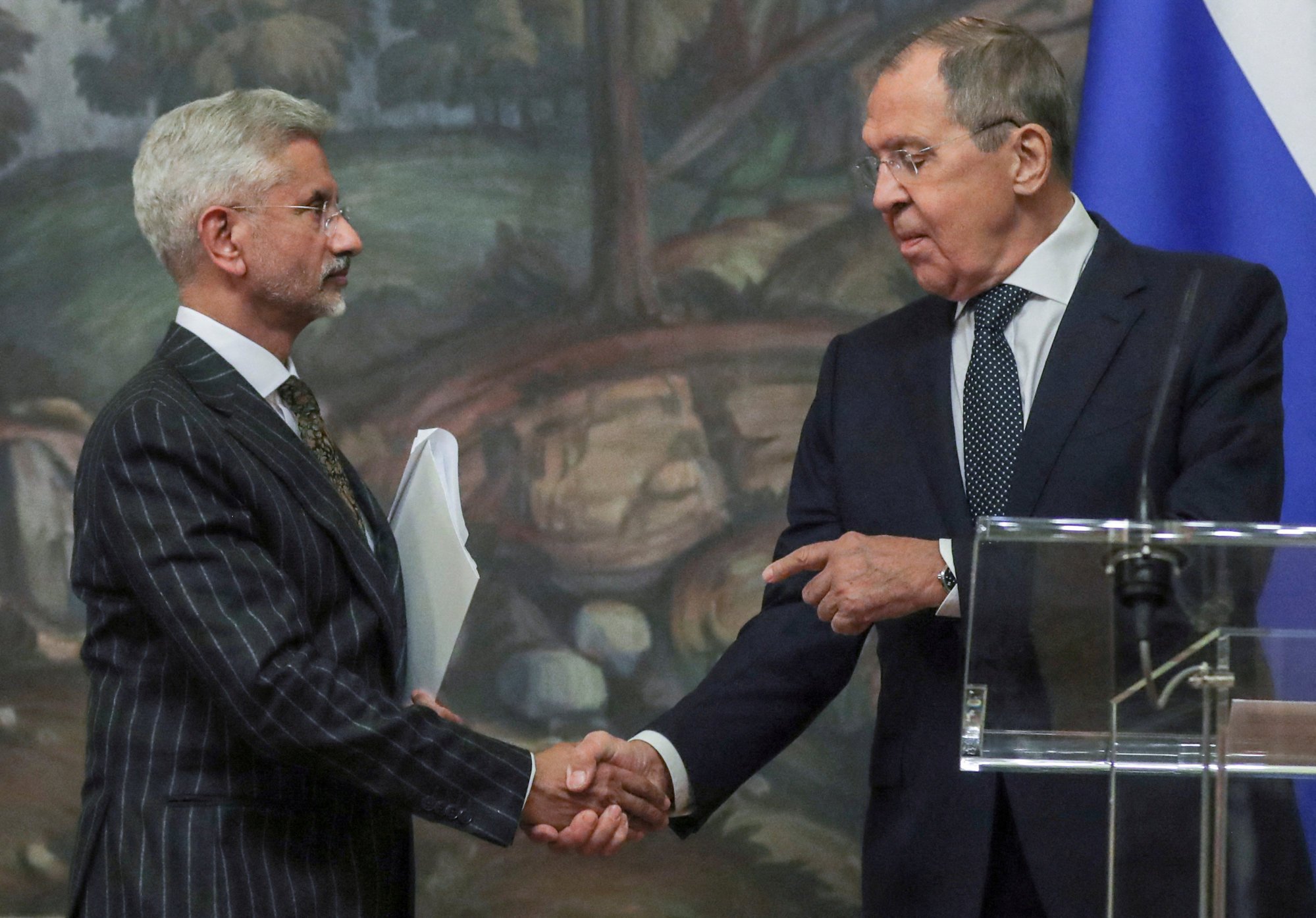India’s reluctance to use Chinese yuan to buy Russian oil holding up cargo payments

[ad_1]
Reuters reported in July that Indian refiners began using yuan to pay for some oil from Russian sellers, while continuing to use dollars and dirhams to settle most of their Russian oil purchases.
The Indian government, however, has become uncomfortable with using yuan for settlement, two finance ministry officials told Reuters.
Why India is starting to gag on its Russian oil binge
Why India is starting to gag on its Russian oil binge
And, based on comments from officials at affected refiners, payment for at least seven cargoes is still pending. Some payments for recent cargoes delivered to at least two state refiners have been pending since the last week of September.
It is unclear whether the government actually instructed state refiners to stop paying in yuan, but New Delhi’s disapproval is plain.
“It is not banned and if a private firm has yuan to settle its trade, the government will not stop it, but it will neither encourage nor facilitate such trade,” said a ministry official.
Indian refiners buy most of their Russian oil from traders, while making some direct purchases from Russian entities.

Extra conversion costs
Refining sources said traders have been ready to strike deals in dirhams, but Russian sellers have held out for yuan.
Rosneft, Gazprom and Gazprom Neft did not reply to requests for comment.
State-run Indian Oil Corp, the country’s top refiner, has used yuan and other currencies to pay for Russian oil, Reuters reported previously.
Other state refiners Bharat Petroleum Corp (BPCL) and Hindustan Petroleum (HPCL), which to date have not paid for oil in yuan, have also been asked by Russian suppliers to pay using Chinese currency, sources said.
Private Indian refiners have continued to pay in yuan and other currencies for Russian oil imports, sources said, with most Indian purchases of Russian oil paid in dirham.
Putin needs help from China and India as EU mulls ban on 90% Russian oil
Putin needs help from China and India as EU mulls ban on 90% Russian oil
“The rupee to yuan conversion adds an extra extra layer,” the refining source cited above said.
Indian Oil, BPCL and HPCL and the country’s oil and finance ministries did not immediately respond to Reuters’ requests for comments.
While Indian state refiners would prefer to use rupees to pay for Russian oil after the country’s central bank last year announced a mechanism to settle foreign trade in rupees, Russia in less keen to accept rupees given as the bilateral trade balance is tilted in Moscow’s favour.
[ad_2]
Source link





